- Overview
- Flares & Triggers
- Causes & Risks
- Types
- Locations on the Body
- Tests & Diagnosis
- Treatment
- Living With
- Complications
- Appointment Prep
- View Full Guide
16 Challenges People With Psoriasis Will Understand

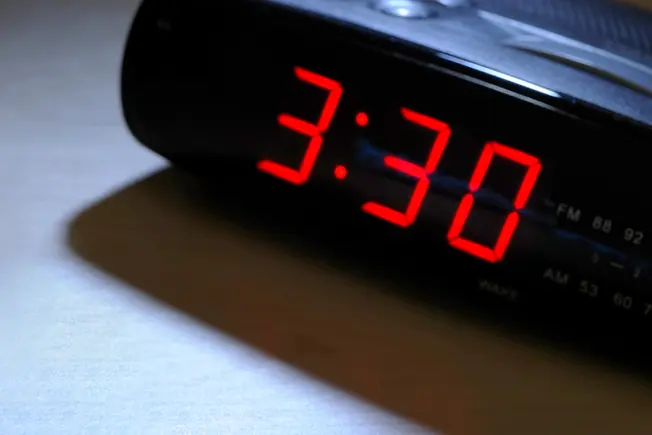
Fatigue
During a flare, which happens with the change of seasons, I'm so exhausted that I can go to bed at 8 p.m. and sleep until 11 the next morning. Or I get “painsomnia,” which is when I can't fall asleep until 1:30 a.m. and I'm back up at 3:30 or 4 in the morning because I just can't get comfortable. When I do get up, I do a lot of stretching and move gradually -- going from the bed to a chair and sitting for a while before I get up.
-- Ashley Krivohlavek, Claremore, OK
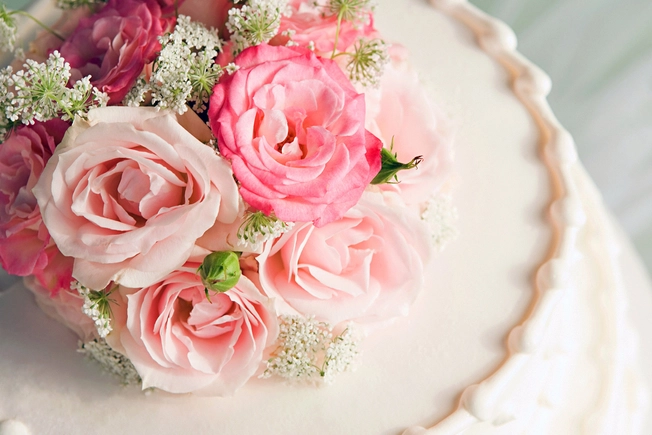
Other People’s Reactions
I once had a bride cancel a wedding cake order after she noticed my psoriasis plaques. I have anxiety attacks when I’m shopping because people stare at me. I wish people knew the way that they look at us, the facial expressions. We're not blind. We see that.
-- Jennifer Pellegrin, Riverside, CA
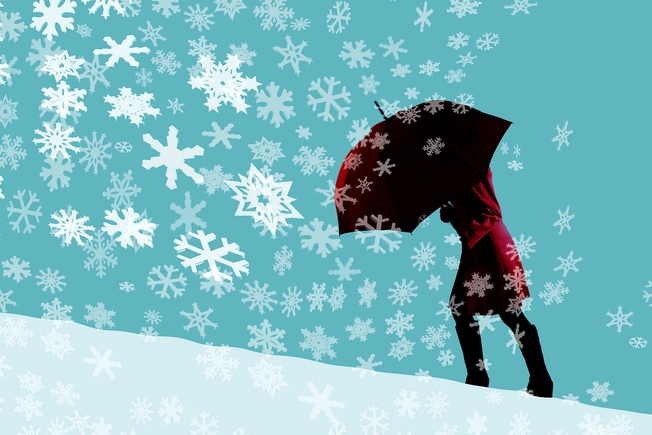
When Psoriasis Returns
The biggest problem with psoriasis is that it can go away and stay away for months, even years. And then all of a sudden it’s back. Winter is the worst time for my flares. I’ve had it for years and still can be surprised when I see it pop up after a lull.
-- Carrie Tuttle, Durham, NC

Well-Meaning Suggestions
It’s frustrating to get comments from people about what worked for their cousin’s psoriasis. Sometimes it’s very disheartening -- people throwing out ideas when they don't have psoriasis themselves. What works for one person may not work for another person.
-- Alisha Bridges, Atlanta
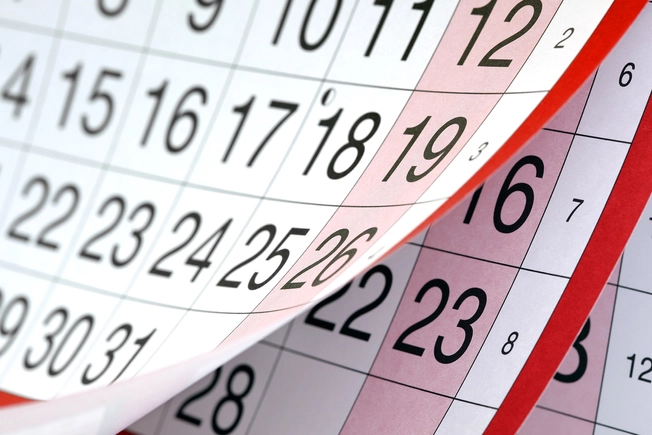
Waiting for Meds to Work
It can take up to 12 weeks for a medication to work completely. If your symptoms aren’t mostly cleared in that time, let your dermatologist know.
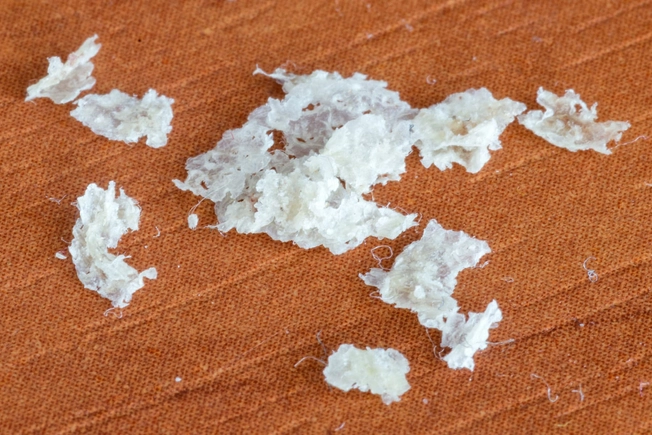
Flaking Skin
Skin flakes were a big issue when I had to travel for work. If I went out to dinner and reached across the table, I worried the scales would fall off. At hotels, I'd wake up in the morning to find the bed full of flakes. I was embarrassed to leave it like that because I didn't want the maid to have to clean it up. Using a moisturizer regularly in both the summer and winter helps keep my skin soft, supple, and less scaly.
-- John Latella, Windsor, CT
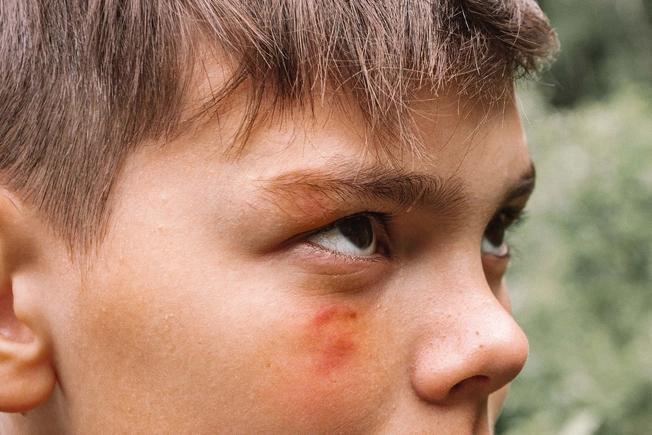
Bullying
When I was a kid, a couple of boys from the football team really started to go at me. They asked me if I had AIDS and they said, ‘Get away from me.’ I thought they were going to get violent. I was really depressed and socially withdrawn, especially through those younger years into college. I still don't like psoriasis, but I also understand that while it's hard, it's made me probably who I am.
-- Howard Chang, Woodland, CA
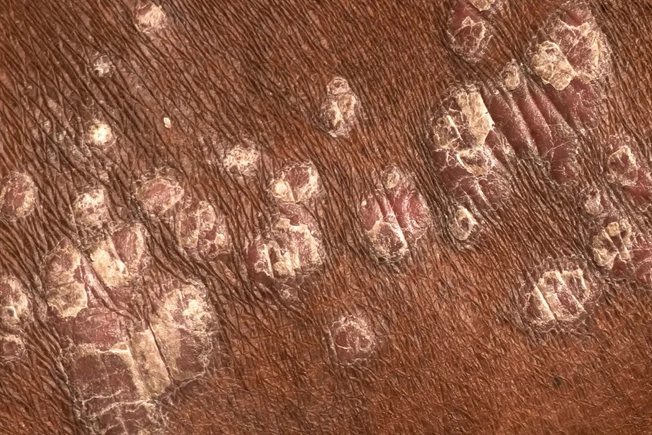
Psoriasis Looks Different on Dark Skin
People often describe psoriasis as raised red patches with white silvery scales. As a person of color, when my psoriasis is active, it’s a thick, purplish hue with scales that crack and bleed. One older rheumatologist even told me, “Black people don't get psoriasis.”
-- Diane Talbert, Waldorf, MD

Depression
People with psoriasis are about twice as likely to get depressed as those without it. Some 40% of people with psoriasis say it interferes with their daily lives. Women and children may be particularly hard-hit by the damage to self-confidence and loneliness that can come with the disease.
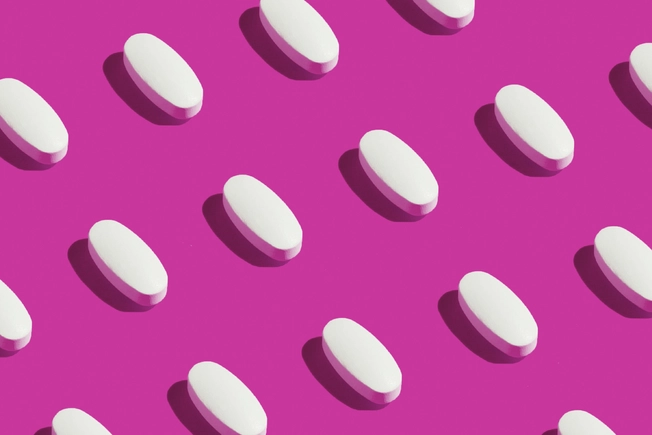
Fears of Prescription Meds
I’ve had psoriasis for 19 years. I tried naturopathic solutions for 17 of those years and ultimately, they didn’t work for me. The plaque psoriasis on my scalp got so bad it would bleed. I moved on to over-the-counter meds, but still nothing helped. Finally I agreed to let my doctor prescribe a disease-modifying drug 2 years ago, and it has been life changing. I wish I’d given it a chance sooner!
-- Karl Woodworth, Covington, GA
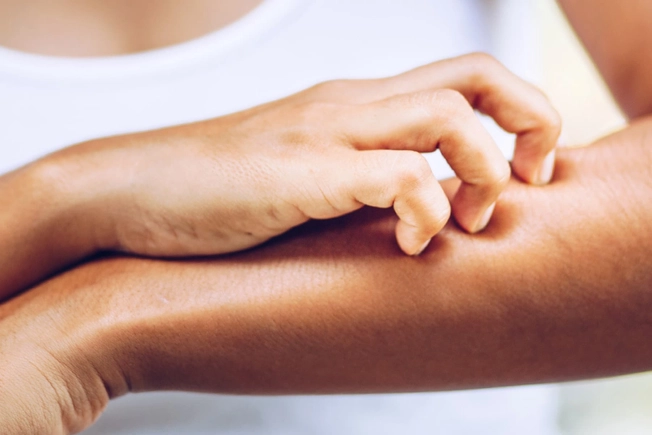
Itchy Skin
It isn’t just the embarrassment of the constant flakes -- it’s the itchiness. It gets so intense that it’s almost impossible to think about anything else, much less work or socializing. The constant desire to scratch can be overwhelming. But of course, scratching just makes it worse. Every doctor I’ve been to is clear on one thing: “Don’t scratch.”
-- Caroline Williams, Portland, OR

Figuring Out Your Triggers
Be sure you’re exploring all the possible causes for your psoriasis. My doctors finally linked my adult-onset psoriasis to a cow's milk allergy. Since removing dairy from my diet over 10 years ago, my flares have gone down considerably.
-- Joseph Davis, Memphis, TN
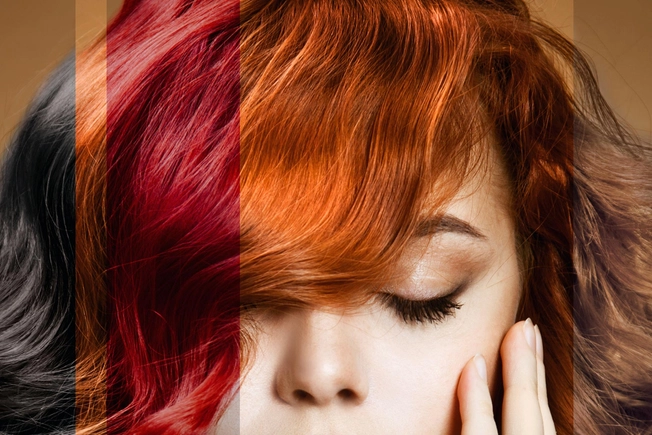
Hair Dye and Scalp Irritation
It’s fine to color your grays. But be careful. Even if you don’t have plaques on your scalp, it’s smart not to shampoo your hair 1 or 2 days before and after dyeing it. This lets your hair’s natural oils protect your scalp and helps prevent irritation that could cause a flare. Use any topical medications your doctor prescribes before and after dyeing so your scalp stays in the best shape it can.
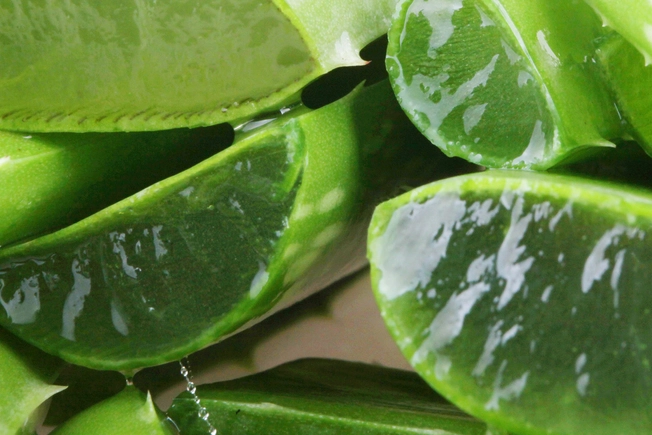
Treating Outbreaks
I live in California, where there are an abundance of aloe plants. I rub raw aloe in the areas that tend to flare up. Aloe is a humectant and gives my skin immediate relief from the itching with a cooling feel. It puts moisture back into my skin to help the flare-up subside.
-- Lydia Elle, Los Angeles
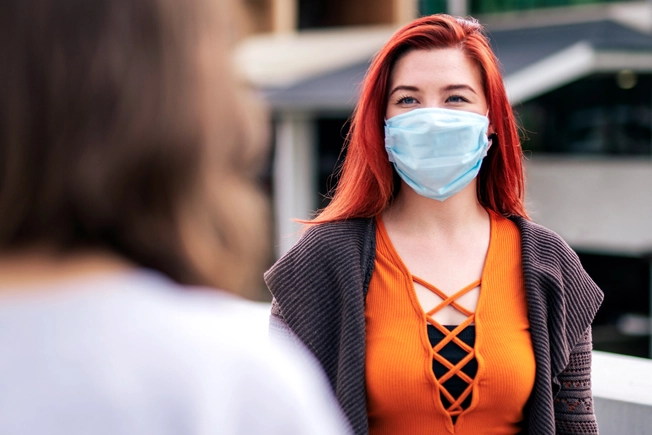
Fears of Contagion
“Is it contagious?” People with psoriasis get this question a lot. When someone asks if my skin problem is contagious, I usually say, “No, I have psoriasis, which is a genetic condition. You can't catch it.”
-- Carolyn Jacob, MD, Chicago
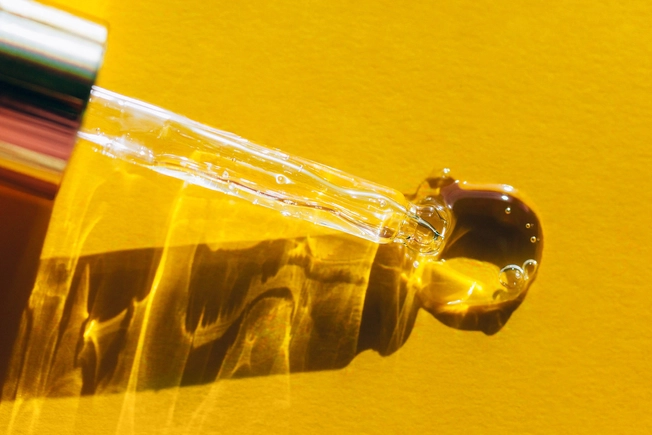
Calming Inflamed Skin
I’ve been able to take care of my outbreaks by creating my own body products infused with jojoba oil. Jojoba oil is an anti-inflammatory, and really makes a marked difference in my daily upkeep.
-- Debi Facey, Toronto, Ontario, Canada